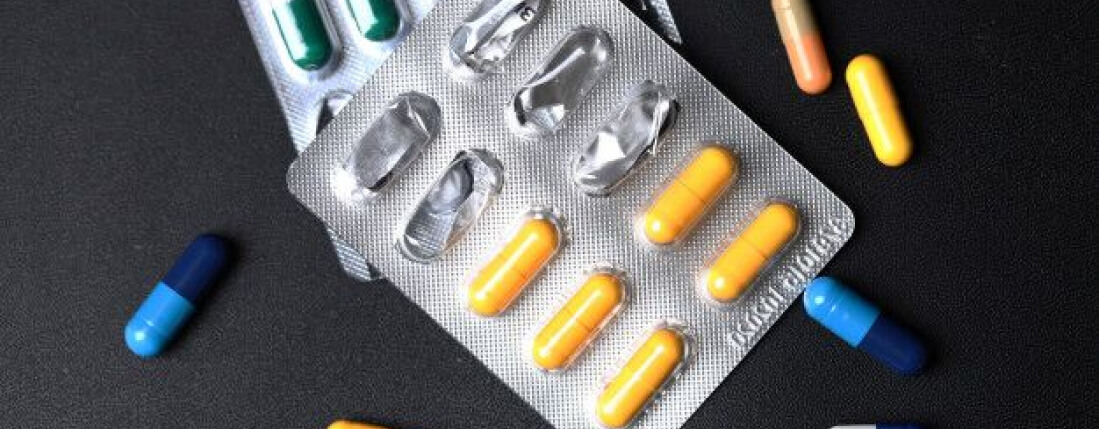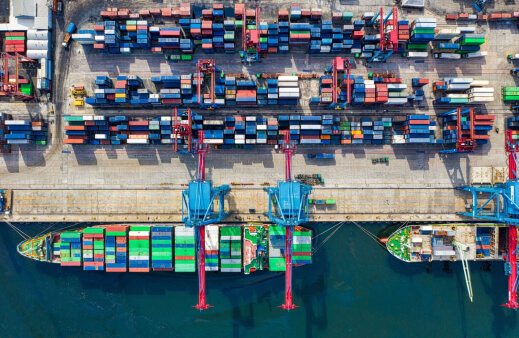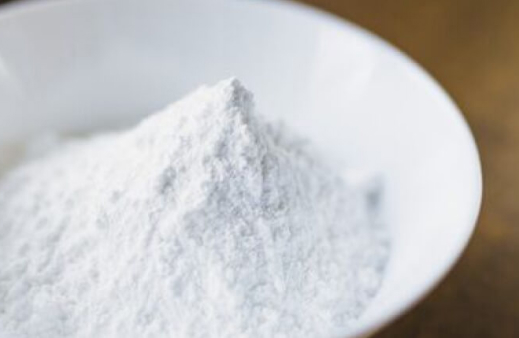
(An Official publication of PharmaSecure)
2019 has been a year of bringing forth changes in the domain of traceability of products to achieve and augment transparency and credibility. One such significant milestone is the Government of India making it mandatory for all medicines obtained under Public Procurement to display QR Code at primary level packaging. The injunction arose after a prolonged lapse. Since January 2011, the Directorate General of Foreign Trade (DGFT) instructed implementing track and trace system (incorporating barcode technology) as per GS1 standards for all drugs and pharmaceutical products exported from India.
Similarly, in August, last year, to facilitate tracking and tracing, the Central Drugs Standard Control Organisation (CDSCO) issued a draft notification which mandates that every active pharmaceutical ingredient (API) packaging manufactured or imported in India should bear a Quick Response (QR) code. And beginning April 1, 2020, the Union Ministry of Commerce, through the Centre for Development of Advanced Computing (C-DAC), will implement a simplified online workflow system for tracking and authentication of pharmaceutical export packages – to generate and utilize tertiary and secondary level coded data in a user-friendly manner.
Decisive changes in the traceability of products are not only confined to pharmaceuticals. To combat the distribution of spurious and low-quality seeds which creates havoc on farmers’ livelihood, the Centre is planning to introduce a technology to facilitate traceability of seeds by June 2020. This move will aid farmers to buy and identify seeds through a barcode or QR code about the origin of the seeds.
Another key area where there is a presence of inadequate visibility and full traceability is the liquor industry. To counter the distribution of spurious liquor, the Delhi government is in talks with Security Printing and Minting Corporation India Limited (SPMCIL) to print extra security features – rich excise adhesive labels – which can’t be copied or duplicated. In February 2019, the Delhi government directed all alcohol vendors in the city to ensure the sale of liquor through scanning, a move aimed at plugging tax loopholes.
Track and Trace (T&T) technologies ensure coherence across supply chain distributions by providing visibility and accountability to all stakeholders of a product lifecycle. By developing and administering standard practices for Serialization with barcodes and/or other unique identifiers it will enable adequate visibility and full traceability, which will positively affect profits and brand credibility of Indian products.

pharmasecue / February 1, 2022

pharmasecue / December 15, 2020

pharmasecue / January 9, 2020